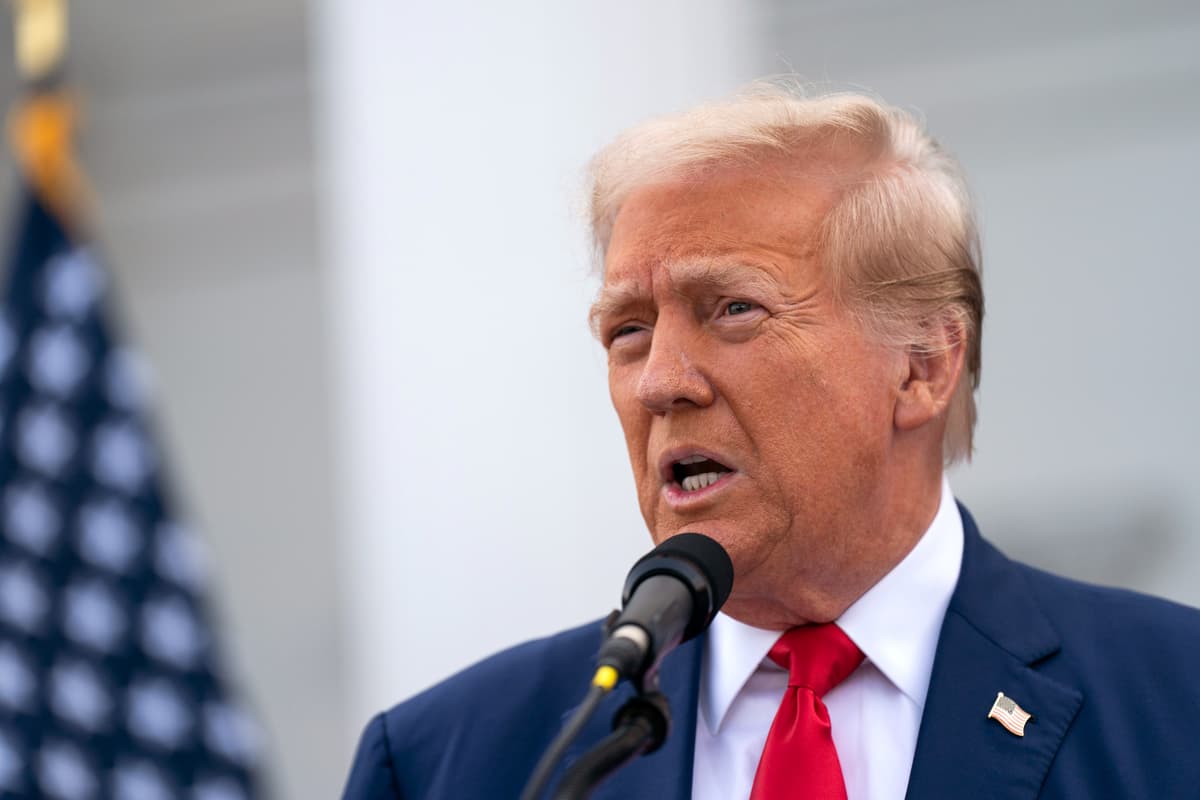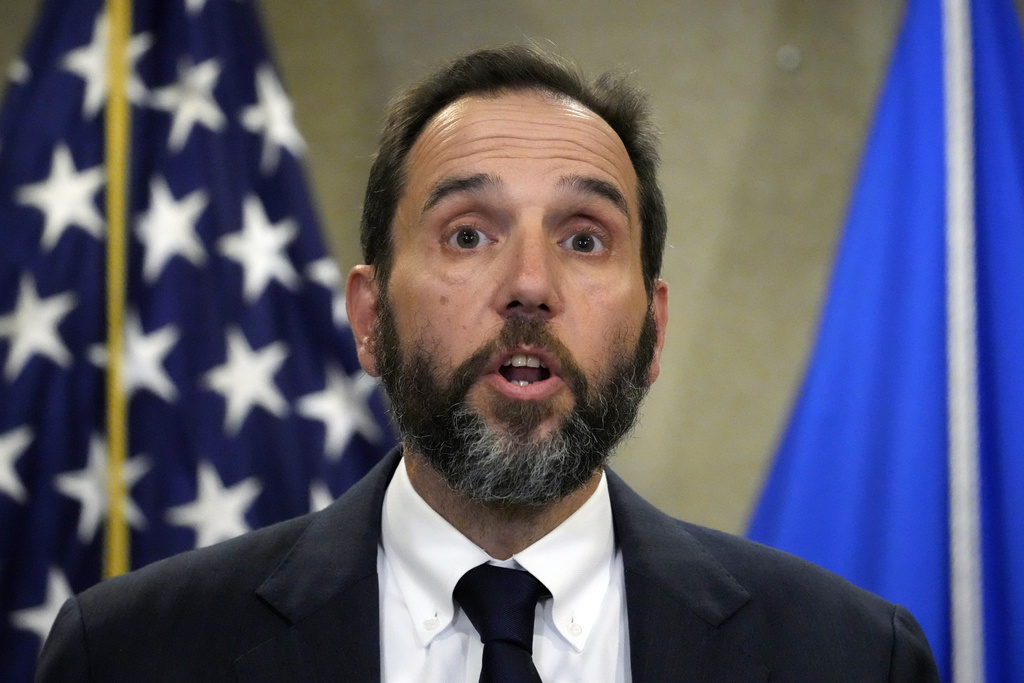Could Jack Smith’s Mini Trials Cost Trump the Election, Even If the Real Trial Never Begins?
Hearings could be politically damaging in the weeks before an election that appears too close to call.

Special Counsel Jack Smith’s January 6 case won’t go to trial before November’s election, but proceedings with an empty jury box could still haunt President Trump at the ballot box.
That’s because the fall will feature so-called mini trials before Judge Tanya Chutkan at the District of Columbia. Mr. Smith and Trump’s team will litigate over which acts in the special counsel’s indictment are considered official and which are unofficial. The Supreme Court, in Trump v. United States, ruled that the official ones are presumptively immune; unofficial acts are unprotected.
The high court sent the case down to Judge Chutkan to apply its new teaching on presidential immunity to the facts of Mr. Smith’s indictment. It will be up to her to determine what, if any of it, can survive the ruling on presidential protection.
It was Judge Chutkan who first ruled that former presidents were not entitled to any immunity, because they lack the “divine right of kings.” Specifically referring to Trump at a legal hearing for a January 6 defendant, she also declared, “Presidents are not kings.” Now Judge Chutkan, who has issued harsh sentences to January 6 protesters, is charged with conducting hearings she deemed unnecessary.

The date to watch is September 5, when the jurist has ordered both sides to appear in court for a session to map out how she and the parties will comply with the Supreme Court’s order. It is later than she originally intended because Mr. Smith requested a three-week delay for “consultations with components of the Justice Department,” which could include Attorney General Garland. Trump did not object, and Judge Chutkan obliged. It was the first time that the government has moved for more time.
The postponement means that the hearings to determine immunity will now begin even closer to the election. Sessions to hear evidence on the reach of presidential immunity have never been hosted in an American courtroom, so there is no precedent as to how they could unfold. Judge Chutkan could opt to eschew hearings altogether and order both Trump and the government to submit proffers, or briefings on what evidence they consider viable after Trump.
For Mr. Smith, an exchange of proffers could be a double-edged sword. It would be more efficient in moving the case to trial, as the justices ruled that immunity issues must be disposed of before a jury is sworn in. The special counsel has long insisted on a “compelling” public interest in moving to a verdict as quickly as possible. Any decisions made by Judge Chutkan are likely to be appealed, meaning that litigation over immunity could stretch for months.
Now that there is no chance that a jury brings in a verdict before the election, though, Mr. Smith could reckon that hearings with live witnesses better suit the government’s purposes. However Judge Chutkan holds her hearings, she will do so in the glare of Supreme Court scrutiny. Chief Justice Roberts’s majority opinion castigated her “expedition of this case, the lack of factual analysis … and the absence of pertinent briefing by the parties.”
While live hearings won’t be televised or recorded — federal courts eschew such technology — they are still likely to garner significant coverage in the press in the weeks before the election. This would be especially true if high-profile witnesses take the stand. One candidate is Chief of Staff Mark Meadows, who was not charged by Mr. Smith because, ABC News reported, he cooperated with the special counsel’s office. Such cooperation could involve testifying to what he saw firsthand on January 6, 2021.
Another possible witness to watch is Vice President Pence. The Supreme Court lingered on Mr. Smith’s detailing of the colloquies between Trump and Mr. Pence, worried that their appearance in the indictment surfaces “difficult questions.” Chief Justice Roberts’s opinion ultimately found that “whenever the President and Vice President discuss their official responsibilities, they engage in official conduct.” That means that those interactions are presumptively immune from being marshaled as evidence.
Mr. Smith can overcome that presumption, though the bar is high. By putting Mr. Pence on the stand, he could aim to persuade Judge Chutkan that the pressure Trump put on his vice president was somehow unofficial, and therefore unprotected. Under the command of a court order, Mr. Pence testified before the grand jury that ultimately handed up charges against Trump.
If Trump loses the election — polls show a tight race after President Biden’s abdication — a President Harris would likely give the prosecutor the runway to see the case to a verdict, possibly in a slimmed down form if the former district attorney doesn’t issue a pardon. A mini trial this fall, while it will not deliver a “guilty” verdict, could make that outcome more likely.

